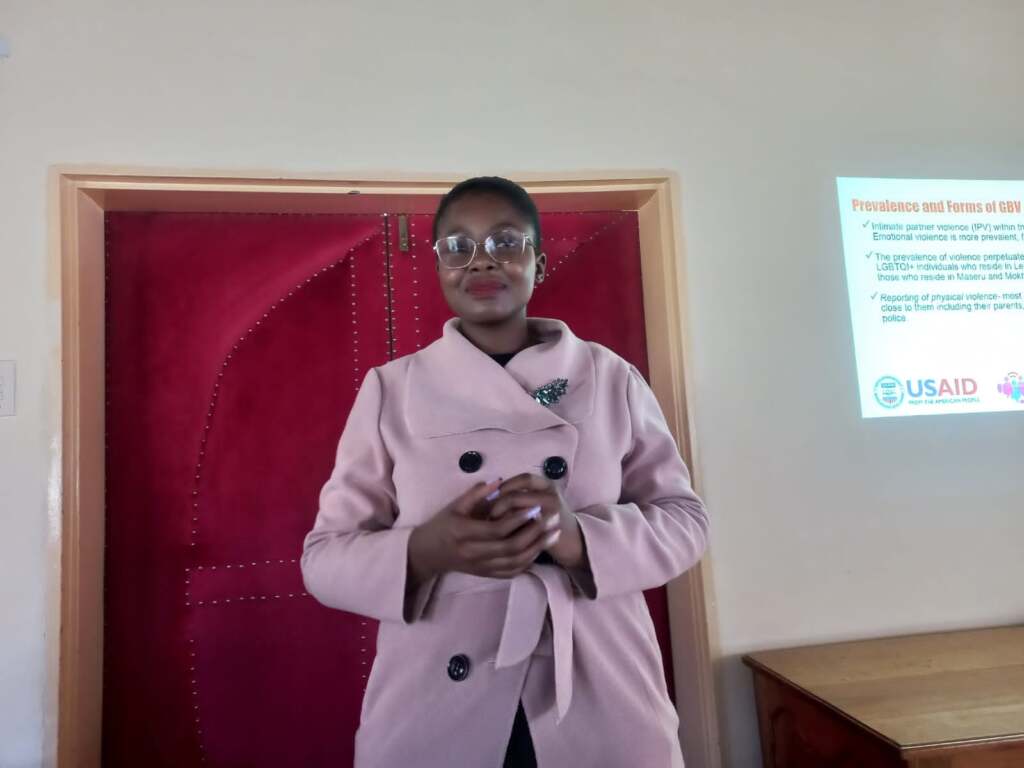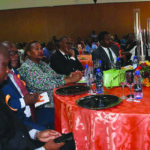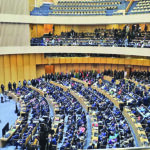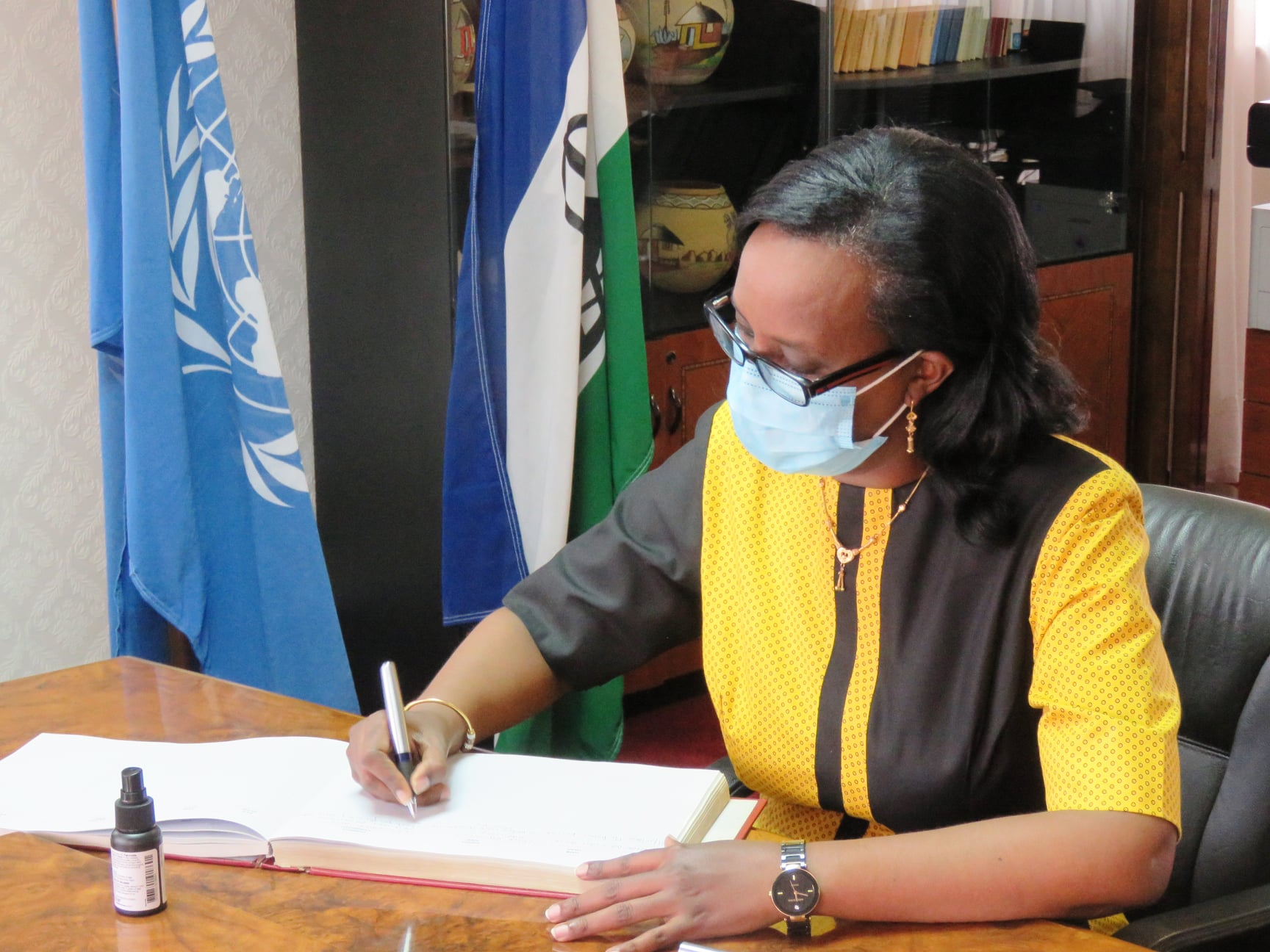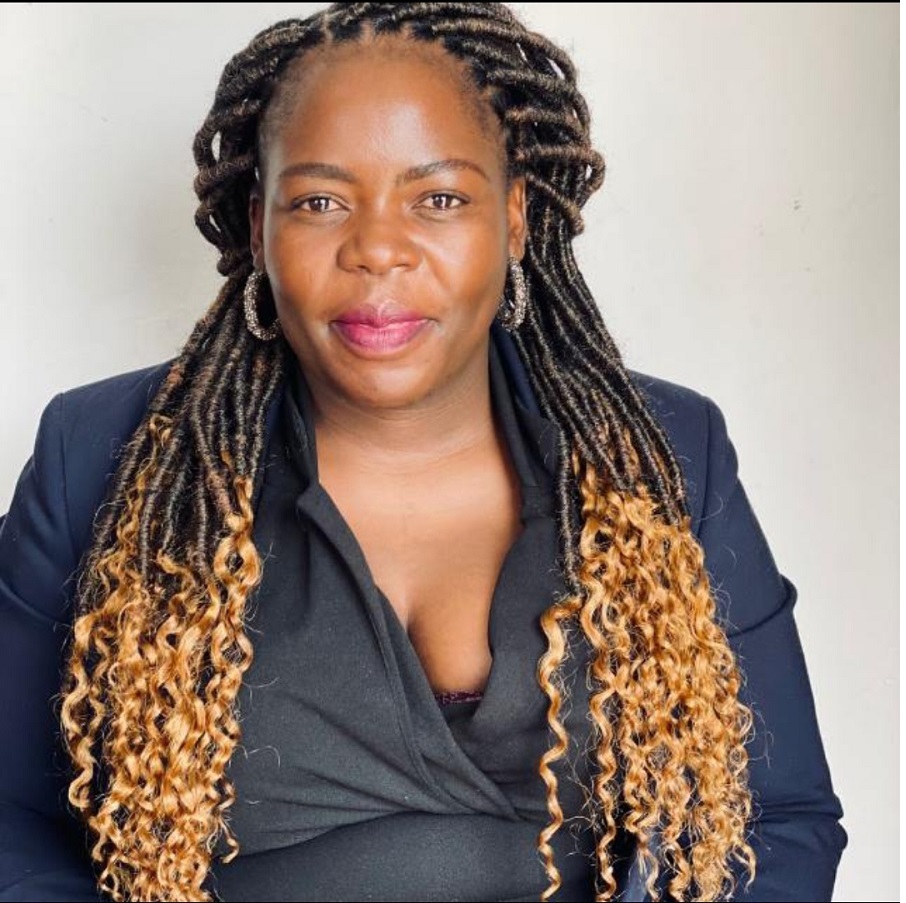Ntsoaki Motaung
The National Director for MISA-Lesotho, Lekhetho Makhanya Ntsukunyane, has
highlighted the pervasive issue of Gender-Based Violence (GBV) in the country,
particularly affecting vulnerable groups, including women in the media.
“Gender-based violence is one of the concerns in the country affecting various groups
of people who are vulnerable, and women in media are no exception,” Ntsukunyane
stated.
According to reports from the Ministry of Gender, GBV has predominantly impacted
women and girls in Lesotho.
Ntsukunyane cited a 2016 Gender Links study revealing that “86 percent of women in
Lesotho have been violated at some point in their lives.”
He elaborated on the societal roots of this violence, noting: “It is suspected that one of
the root causes is that we are a patriarchal society, meaning we believe in the saying
that men have control over women even over their bodies.”
Ntsukunyane expressed concern over GBV cases reported within the media industry.
“As MISA-Lesotho, we also have many reports of women having cases of GBV against
them at work. Women in Journalism are not only violated by their bosses—being
editors, station managers, and program managers who are mostly male—but also by
news sources,” he explained.
He pointed out the power imbalance in the media industry, where males predominantly
occupy influential positions.
“That is why males are mostly news sources and they take advantage of that. When a
journalist calls to ask about something, they prefer to meet in person where a journalist
will be left with an option on how they will ‘buy’ the story. These are the cases we have,
and these males request sexual favours as a form of payment for the story,”
Ntsukunyane disclosed.
These allegations were brought to light during a media training session on GBV,
LGBTQI+ issues, and gender, conducted by Sonke Gender Justice Lesotho under the
USAID Khutlo Activity.
The training aimed to position the media as an advocacy tool to end GBV, stigma, and
discrimination against the LGBTQI+ community, as well as cishet women and girls.
Mosiuoa Ramakoele, the Gender Equality and Social Inclusion Advisor and Social
Behavioural Change Lead (GESI Advisor and SBC Lead) for USAID Khutlo Activity,
explained the project’s focus.
“We work to end GBV against women, girls, and the LGBTQI+ community. We are not
saying men are not violated, but we are looking at these groups because they are the
most violated and most of the time perpetrators are men,” Ramakoele said.
He stressed the importance of community involvement for the project’s success. “We
are looking to work with community leaders, including chiefs, initiation teachers, and
faith leaders. We have also engaged the police through their office of the Child and
Gender Protection Unit (CGPU) so that the community can regain confidence in the
police and start reporting GBV without fear,” he added.
‘Malintle Lehata, the Research, Monitoring, Evaluation, and Learning Specialist, shared
findings from a study conducted on GBV among girls, women, and the LGBTQI+
community in the three districts of implementation—Leribe, Mokhotlong, and
Maseru—between September and October 2023.
The findings from the USAID/Lesotho Khutlo Project Formative Research Report, dated
November 28, 2023, reveal concerning levels of intimate partner violence (IPV) against
partnered LGBTQI+ individuals aged 18 to 50 in the three focus districts.
Lehata stated: “Intimate partner violence is high and generalized at 25 percent in these
districts.”
She detailed the specific forms of violence, noting: “Emotional violence is more
prevalent at 29.2 percent, physical violence at 20.8 percent, and sexual violence at 25.5
percent.”
Furthermore, Lehata highlighted the broader context of violence against LGBTQI+
individuals since the age of 12, describing it as “unacceptably high at 69 percent.”
She noted significant regional disparities: “The LGBTQI+ individuals who reside in the
Leribe district are more affected at 78.6 percent compared to those who reside in
Maseru at 58.8 percent and Mokhotlong at 50.0 percent.”
Lehata added: “Among the persons affected, 62 percent reported experiencing physical
violence, and 22.5 percent were affected by sexual violence since the age of 12.”

Your Trusted Source for News and Insights in Lesotho!
At Newsday Media, we are passionate about delivering accurate, timely, and engaging news and multimedia content to our diverse audience. Founded with the vision of revolutionizing the media landscape in Lesotho, we have grown into a leading hybrid media company that blends traditional journalism with innovative digital platforms.


